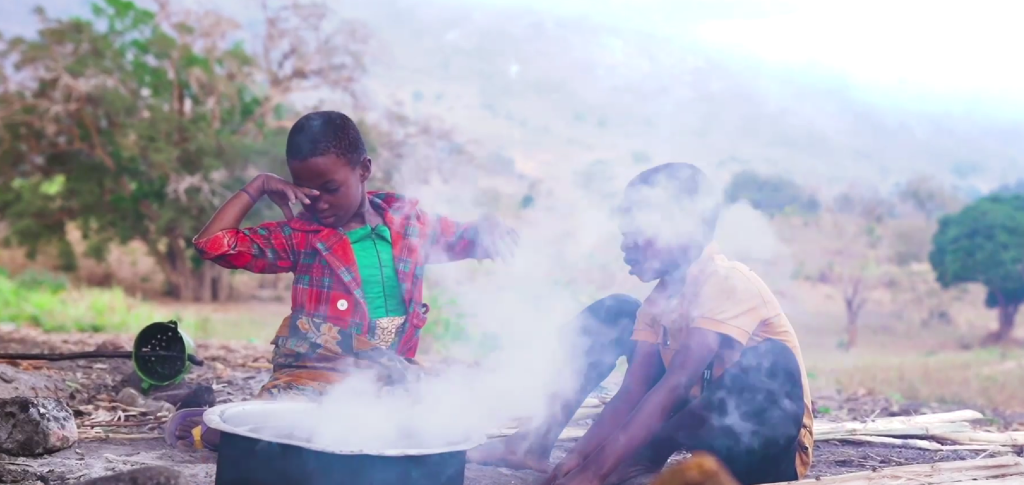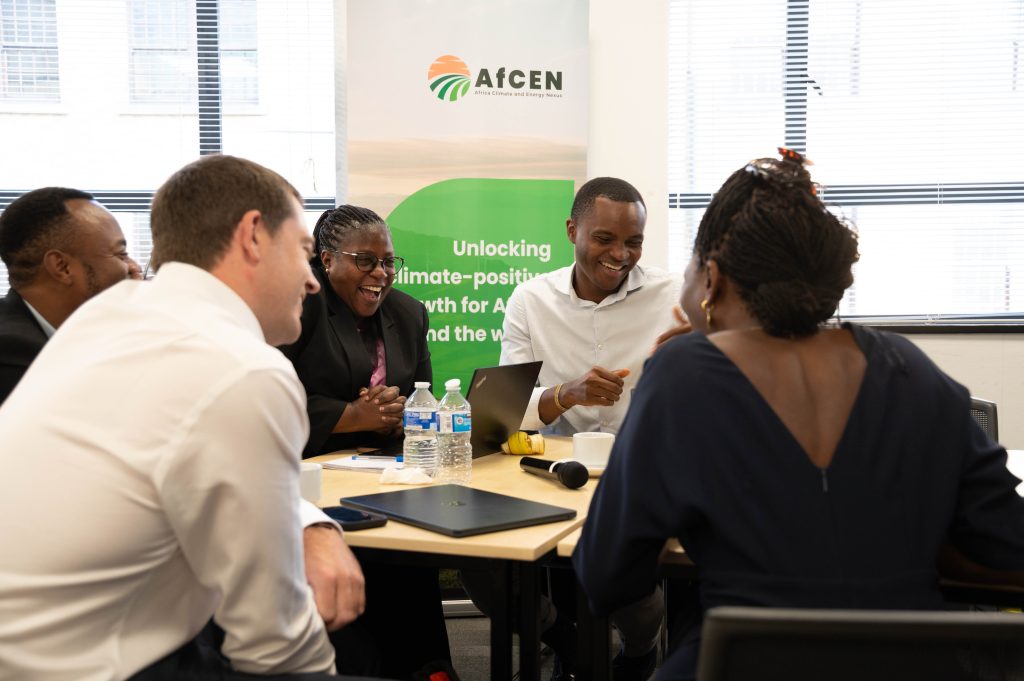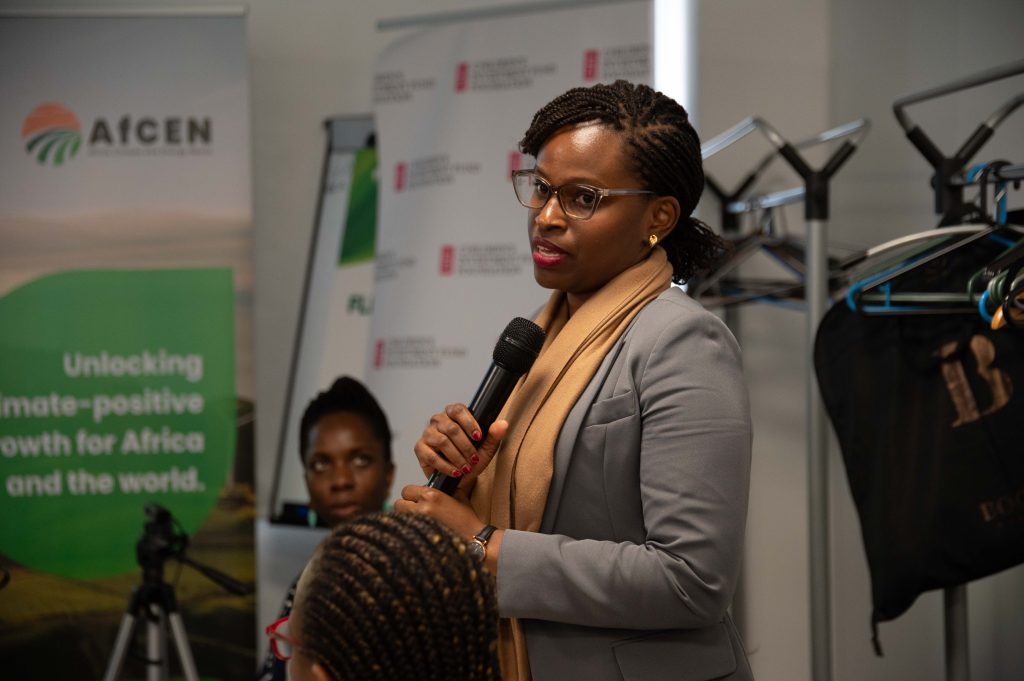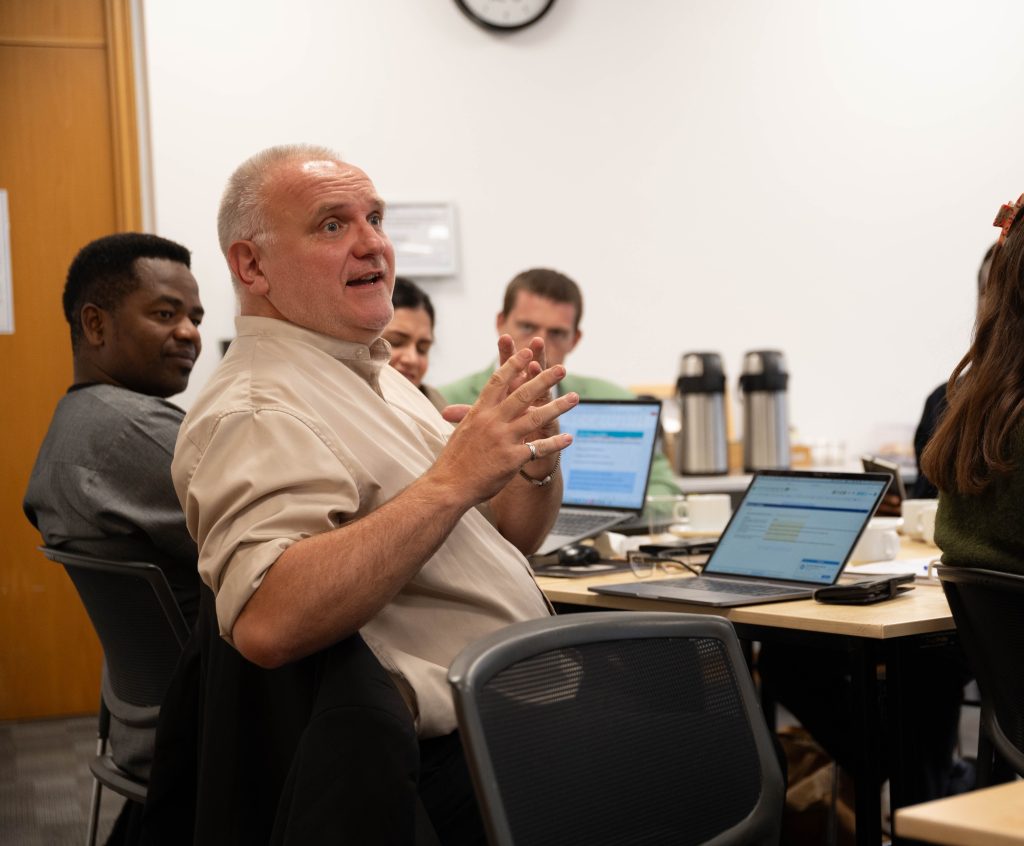From Tradition to Transformation: Scaling Clean Cooking for Africa’s Future.

Across Africa, the simple act of preparing a meal can be a silent killer. The reliance on three-stone fires, charcoal, and other biomass fuels not only harms human health but also places immense strain on forests, the climate, and the development prospects of communities—especially women and children who are most exposed.
Data from the World Health Organization shows that household air pollution is responsible for 3.2 million premature deaths annually, including nearly a quarter of a million children under five. In Africa, almost 1 billion people still lack access to clean cooking solutions, and the numbers are rising rather than falling. These are daily realities faced by families who must choose between cooking with firewood or going hungry.
This week in London, the Tanzania Clean Cooking Retreat is a reminder of both the scale of the challenge and the opportunities ahead. Convened with government, development partners, and private sector stakeholders, the retreat focuses on building the investment pipelines needed to advance Tanzania’s clean cooking strategy. It represents a shift in thinking—away from fragmented interventions towards holistic, scalable solutions.
We celebrate initiatives such as GIZ’s improved biomass cookstoves across Africa. These efforts have already transformed countless lives, reducing exposure to smoke, cutting household fuel costs, and lowering deforestation pressures. But as the retreat discussions in London reveal, we must also ask: what does an optimal fuel mix look like for Africa’s clean cooking future?

The answer is not one-size-fits-all. For some households, improved biomass stoves may remain the most viable short-term solution. For others, the pathway could be liquefied petroleum gas (LPG), ethanol, biogas, or increasingly, electricity as grids expand and off-grid solutions scale. A holistic assessment of fuels—tailored to local contexts—can help countries accelerate clean cooking access while ensuring affordability, sustainability, and resilience.
This is where development cooperation has a catalytic role to play. For decades, aid has underpinned the expansion of cookstove programs, pilot projects, and subsidy schemes. These have been critical in proving concepts and building awareness. But in today’s world of declining aid budgets, the question becomes: how can every dollar of concessional finance be leveraged for maximum impact?
We believe the answer lies in strategically deploying development cooperation as a de-risking tool to unlock private sector capital. Imagine if concessional funds not only supported stoves but also built ethanol distribution systems, de-risked mini-grids, and created results-based finance—broadening the pathway for private capital. In each case, the role of development finance shifts from being the main source of capital to being the catalyst that draws in much larger flows of private money.

The impact could be transformational. With Africa’s population set to double by 2050, the demand for energy in households will rise sharply. Meeting that demand through traditional fuels will lock in health crises, climate emissions, and economic inefficiencies. Meeting it through modern, clean cooking solutions could save millions of lives, create jobs, empower women, and reduce deforestation—all while contributing to Africa’s climate leadership.
At AfCEN, we see clean cooking as a cornerstone of this broader transformation. Our work since the EU Roadshow earlier this year—from Portugal to Belgium—has focused on mobilizing cross-continental partnerships for Africa’s energy future. The clean cooking retreat in London is a natural extension of that journey. It demonstrates that Africa’s leadership is not only about setting ambitious agendas at summits but also about driving implementation in country-specific, context-driven ways.
The story of clean cooking is, at its core, a story of possibility. It is the possibility of a young girl studying by the light of an electric bulb instead of tending a smoky fire. It is the possibility of a mother breathing safely while preparing food for her family. It is the possibility of local entrepreneurs building businesses that supply clean fuels and appliances to their communities. And it is the possibility of governments using their limited aid partnerships strategically—to attract private investment, scale infrastructure, and ensure no household is left behind.

As we look ahead, AfCEN is committed to supporting this transition by convening partners, sharing knowledge, and amplifying Africa’s solutions on the global stage. Clean cooking is not an isolated challenge; it sits at the nexus of health, climate, gender equality, and energy access. Addressing it with urgency and ambition will unlock progress across multiple Sustainable Development Goals.
The Tanzania Clean Cooking Retreat in London shows us the path forward: align national strategies, leverage development finance strategically, and crowd in private capital. In doing so, Africa can move from the smoke of tradition to the light of transformation—building an energy future that is clean, resilient, and inclusive.
© Africa Climate and Energy Nexus. All Rights Reserved
2025
